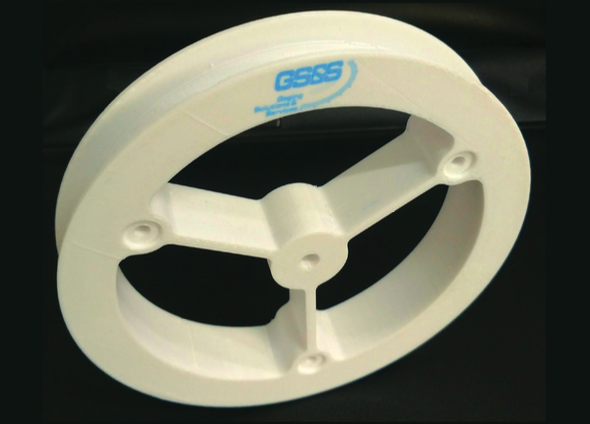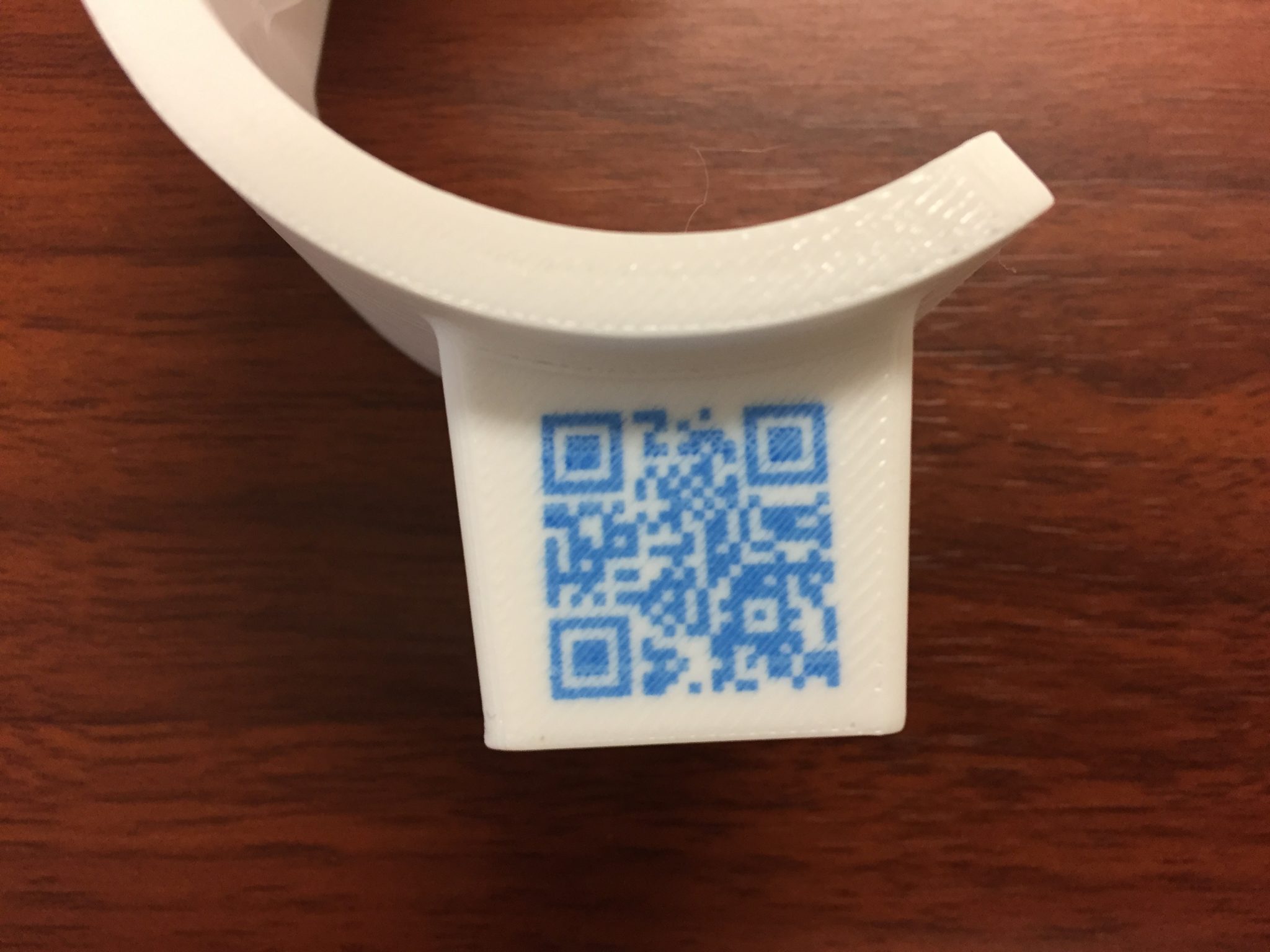Production Services Management, Inc. (PSMI), a manufacturing optimization specialist headquartered in Michigan, and its subsidiary, Azoth, are optimizing the supply chain with additive manufacturing.
Partnering with RIZE Inc., the manufacturer of the RIZE One Augmented Polymer Deposition (APD) 3D printer, PSMI and Azoth are addressing the challenges of sourcing and producing machine spare parts.
“We have a void in our supply chain and we really see additive manufacturing helping to fill that void,” said Scott Burk, President of PSMI.
“The void exists for customers that need special one-off parts that the traditional tool and die shop would charge a lot of money for because they need to strip down and rebuild a machine to make those parts. Those usually take six to eight weeks or more in lead time, and the price is usually exorbitant.”

The Additive Indirect Supplies Crib
Last year, RIZE announced its partnership with PSMI, and formed the Additive Indirect Supplies Crib. This new business model was built to provide manufacturers with combined additive and subtractive manufacturing tools.
With access to services at over 250 manufacturing plants, Azoth, aided in the design and production of RIZIUM 3D printed parts. This included 3D printed gripper fingers for one of PSMI’s aerospace customer’s plants and a 3D printed precision arbor holder used within an automotive manufacturing plant.
“Production staff are always trying to put out a fire when a line goes down due to a part failure,” added Burk. “In many cases, these widgets are so important that if one breaks, it can send an entire factory home.”
“Now, using RIZE additive manufacturing technology, we can manufacture a range of parts they need in that facility on demand. Having RIZE 3D printers on site can mean the difference between having a one-off or small-batch part available in eight hours vs. eight weeks for machined parts.”

RIZE-ing production efficiency
According to Burk, the RIZE ONE 3D printer was selected as the primary system used to manufacture the spare parts due to its safe process and materials. Furthermore, this system includes ink marking capabilities that enable users to print permanent part numbers, instructions, logos, and QR/barcodes; a feature that also attracted the PSMI and Azoth to this printer.
“With a QR code embedded within the 3D printed part, I can scan that part and know every little detail, what iteration it is, when the last time we made it was, etc. All of that can be easily put on that QR code. Now, that information is never lost,” explained Burk.
As a result of this partnership, the companies have reduced various part costs by approximately 98%. Lead times have also been said to decrease by as much as 8 weeks.

Submit your nominations now for the 3D Printing Industry Awards 2019.
Also, for the latest 3D Printing Industry news subscribe to our newsletter, follow us on Twitter and like us on Facebook.
Looking for a fresh start in the new year? Visit 3D Printing Jobs to commence your new career.
Featured image shows a part produced in the Additive Indirect Supplies Crib. Photo via Rize.

